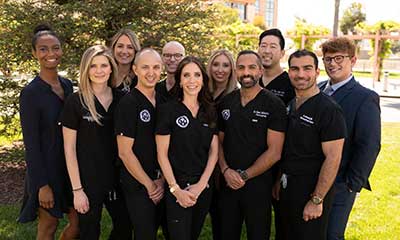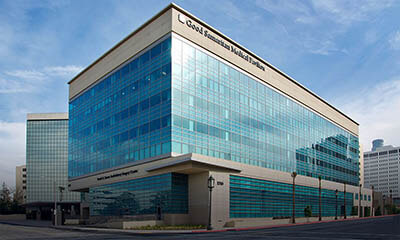Dysphagia is a medical condition characterized by difficulty in swallowing. This condition can be caused by a variety of factors, ranging from structural abnormalities in the throat to neurological conditions affecting the muscles responsible for swallowing.
Causes of Dysphagia
There are several factors that can lead to dysphagia. These include:
-
Structural abnormalities: Conditions such as esophageal cancer, achalasia, and gastroesophageal reflux disease (GERD) can cause dysphagia by narrowing the esophagus and making it difficult for food to pass through.
-
Neurological conditions: Dysphagia can also be caused by neurological conditions such as Parkinson's disease, multiple sclerosis, and stroke. These conditions can affect the muscles responsible for swallowing and make it difficult for food to pass through.
-
Medications: Some medications can cause dysphagia by affecting the muscles responsible for swallowing or causing inflammation in the esophagus.
Common Treatments for Dysphagia
The treatment for dysphagia will depend on the underlying cause of the condition. Some common treatments include:
-
Medications: Medications may be prescribed to treat underlying conditions such as GERD or to relieve inflammation in the esophagus.
-
Diet modifications: In some cases, dysphagia can be managed by modifying the texture of the food being consumed. This may involve pureeing food or avoiding certain types of food altogether.
-
Swallowing therapy: Swallowing therapy involves working with a speech-language pathologist to improve the muscles responsible for swallowing.
Our providers at LACENTA are ready to diagnose, evaluate, and treat dysphagia. We offer a range of services to help patients manage this condition, including:
-
Diagnostic testing: We can perform a variety of tests to determine the underlying cause of dysphagia. These tests may include endoscopy, esophageal manometry, and barium swallow studies.
-
Treatment options: We offer a range of treatment options for dysphagia, including medications, diet modifications, and swallowing therapy.
-
Support and guidance: Our team is dedicated to providing patients with the support and guidance they need to manage dysphagia effectively. We work closely with each patient to develop a personalized treatment plan that meets their individual needs.
If you are experiencing difficulty swallowing, our ENT practice is here to help. Contact us today to schedule an appointment and learn more about our dysphagia services.
Author
 Dr. Geoffrey B. Trenkle, D.O.
LACENTA C.E.O.
Dr. Geoffrey B. Trenkle, D.O.
LACENTA C.E.O.


























